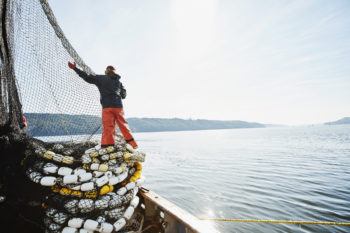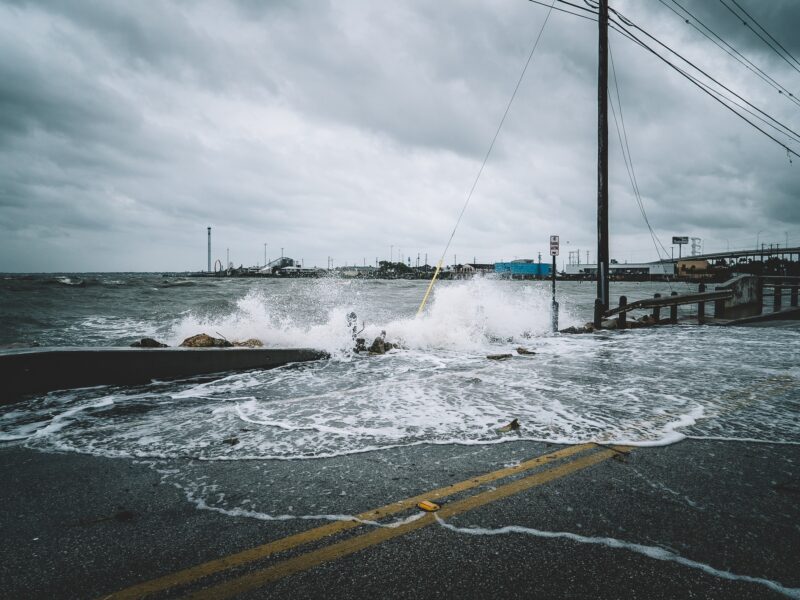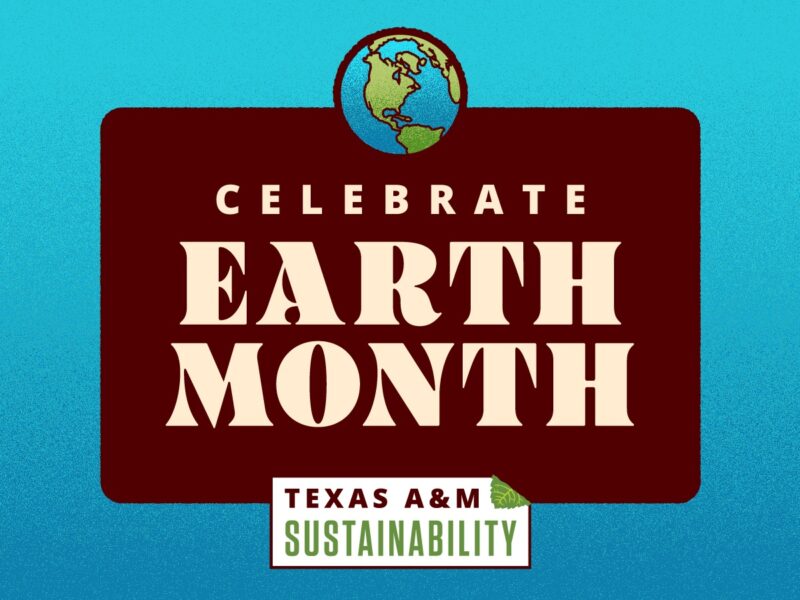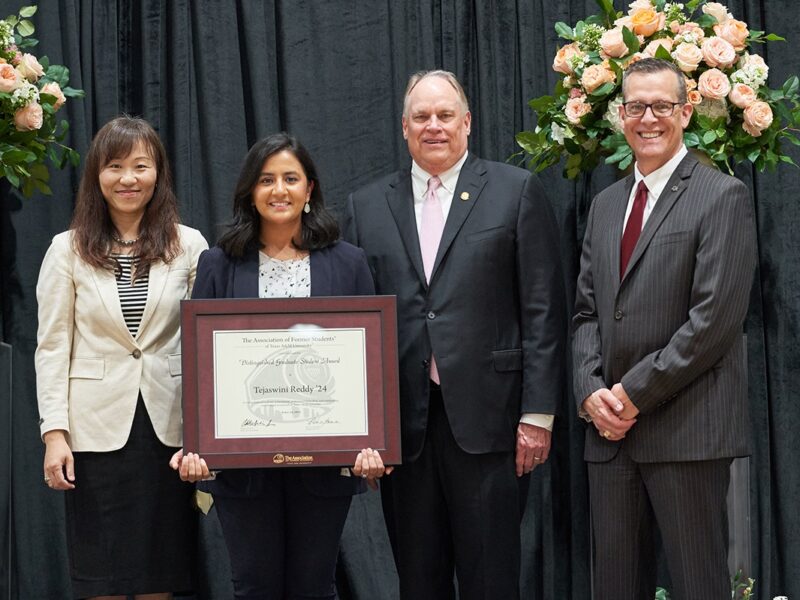NSF Funds Texas A&M Research On West Coast Fisheries Management

Climate change is posing new threats to West Coast communities dependent on fisheries. A new National Science Foundation Convergence Accelerator-funded research project led by Texas A&M University scientists is tackling those challenges using cutting-edge modeling and decision-making technologies.
The project is a large multi-institutional endeavor, led by Piers Chapman, research professor in the Department of Oceanography, and brings together scientists from academia, federal agencies and industry.
NSF’s Convergence Accelerator Program aims to produce tangible solutions to national-scale societal challenges that cannot be solved by single disciplines but require innovative ideas, approaches and technologies from a wide range of sectors and expertise. Aligned to the program’s 2021 cohort, the project will last for one year and is funded at $750,000. If successful, the team will be eligible to compete for an additional two-year project funded at up to $5 million.
“We will develop new models and tools that will help keep California, Oregon and Washington coast fisheries communities sustainable in the face of ongoing decadal-scale climate change,” Chapman said.
Chapman will lead the project, with co-principal investigators Gokhan Danabasoglu, senior scientist at the National Center for Atmospheric Research (NCAR); Colleen Petrik, a co-principal investigator on the project and an assistant professor at the Scripps Institution for Oceanography at the University of California, San Diego; Keri Stephens, also a co-principal investigator on the project and a professor of communication studies at the University of Texas at Austin; and Zhe Zhang, assistant professor of geography at Texas A&M.
Project partners also include Ping Chang, professor of oceanography at Texas A&M; Jaison Kurian, Department of Oceanography assistant research scientist; Desiree Tommasi, NOAA project scientist at the Cooperative Institute for Marine Ecosystems and Climate at University of California, Santa Cruz; Matthew Long, marine scientist at Woods Hole Oceanographic Institution; Monica Morrison, postdoctoral researcher at NCAR; and Glen Spain, northwest regional director for the Pacific Coast Federation of Fishermen’s Associations.
Climate change-driven adverse ocean impacts are already hitting many coastal, fishing-dependent communities, including Tribal Nations located on the U.S. West Coast. These adverse impacts will likely accelerate for the foreseeable future, the researchers said.
“Climate change is causing increasing temperatures in ocean waters, as well as decreased oxygen concentrations,” Petrik said. “These changes have serious effects on fish and shellfish stocks along the West Coast of the U.S, as they can reduce suitable habitat, alter breeding success and affect migration routes.”
The team aims to help preserve these communities and their ways of life, both economically and culturally. Communicating effectively with diverse stakeholders is a challenge, but vital to the success of the project, said Stephens.
Combining the powers of ecosystem modeling, high-resolution climate modeling, social science and fisheries stakeholder engagement, communication, geographic information science (GIS), and fisheries management science, the multidisciplinary team will ultimately produce a climate-informed decision support system (DSS) called Sustainable Blue for the region’s fisheries.
“The overall aim of the project is to deliver the Sustainable Blue DSS that combines the output of a series of high-resolution climate model simulations and predictions with local knowledge, fisheries management policy, and decision-making tools to provide the necessary information for fisheries management and other decision-makers to respond to changing climatic conditions,” Chang said.
The project will enable fisheries managers to make better long-term decisions on fish catches and fleet management.
“Stakeholders will make use of a simple-to-use, web-based system that provides access to the information they need,” Zhang said.
Media contact: Leslie Lee, 979-845-0910, leslielee@tamu.edu





